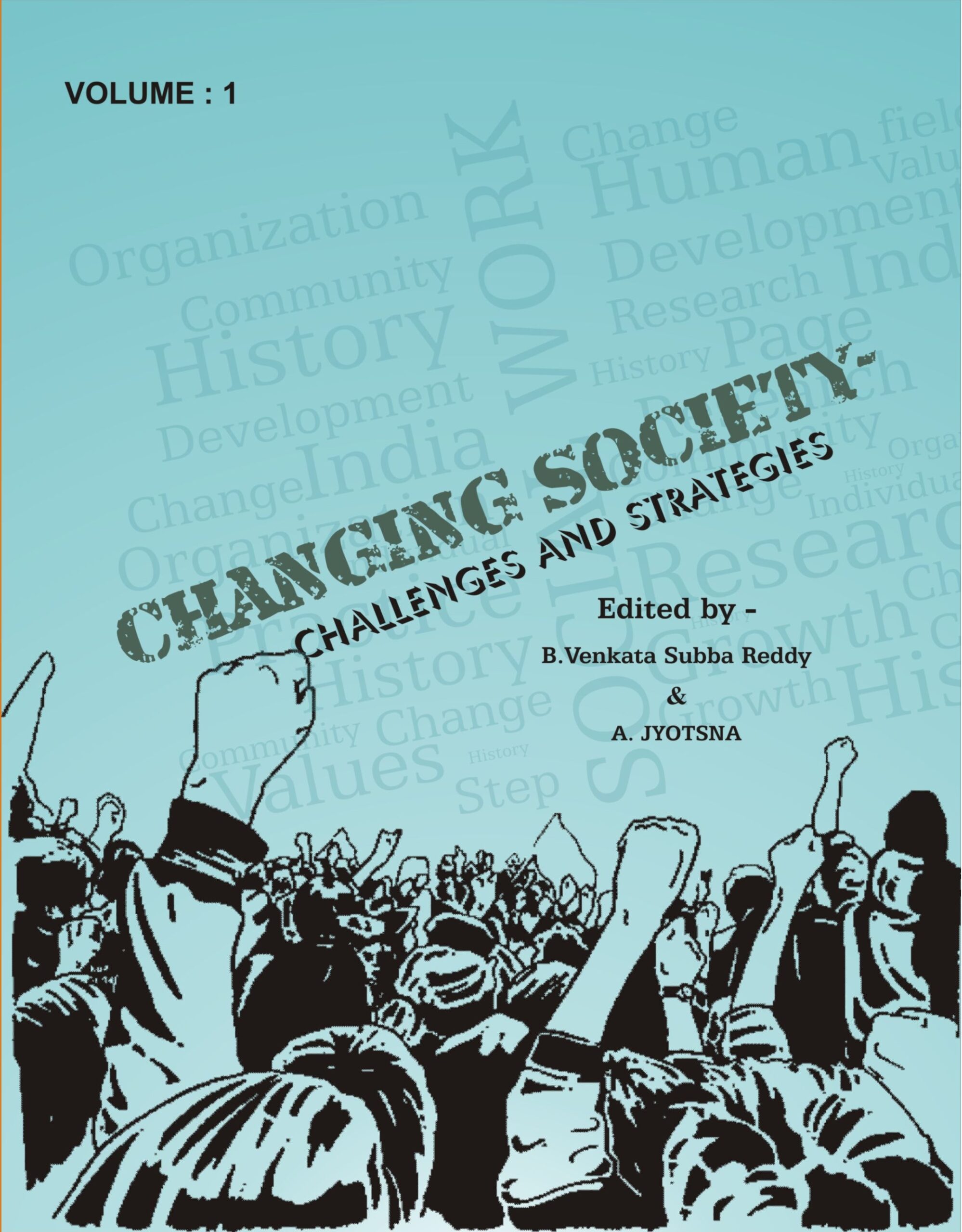The most common view of the relationship between social work and society seems to be the perspective that social work is an intermediary profession, acting between the individual and society. In this intermediary capacity, social work is somehow able to act in ways that are in the best interests of both the individual and society, seeking to empower the individual and to improve society.
Critics of social work reject the view of social workers as neutral and objective, and see them rather as agents of social control, largely acting in ways that perpetuate existing inequalities. Social workers are, or can be, agents and catalysts of social change, as intermediaries objectively balancing the pressures of social control and social change.
Explorations of the relationship of social work and society often start by examining the beginnings and origins of the profession. Regardless of where they place the origins of social work, all historical authors emphasize the tensions between social control and social change and between individual change and societal change that have been and continue to be central to social work’s role and functions in society. Historical interfaces offer several potential views of the relationship between social work and society, each emphasizing either social control or social change as the ultimate outcome of social work activity. Social workers act in ways that are intended to be primarily of direct or practical benefit to these individuals; consequently, social workers can be viewed to either perpetuate the elitist power structures of society by not changing anything above the micro/individual level, or to bring about a better society as each individual contributes to society’s improvement.
Cowger, from the above perspective summarizes the options for conceptualizing social work’s relationship to society as: 1) “social work versus society, 2) social work as a distinct entity independent from society, 3) social work as an instrument of society, and 4) social work as an intermediary between the individual and society. Viewing the profession as an intermediary between the individual and society has a number of advantages and would appear to have the greatest utility as an inclusive societal stance…It moves the profession away from the “bleeding heart” image, yet does not place it in the role of being “society’s controllers.” It provides the profession the opportunity to be friend of the poor and powerless while at the same time promoting the public good. Social work is therefore an objective intermediary capable of balancing the tension between change and control and consequently acting in the best interests of all. This rather optimistic view of social work’s role in society forms the basis of much criticism of the profession.
Keeping this in view, I have collected an array of problem-solving models that are closely tied to the notion of intervention. The essays, therefore, are well-grounded in active research in studying the lop-sidedness of the society and its governance while coherently putting together the corrective measures to address the problems.
Dr. B. Venkata Subba Reddy












Be the first to review “Changing Society Challenges and Strategies”
You must be logged in to post a review.